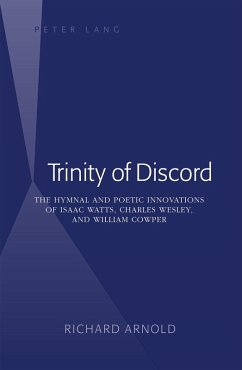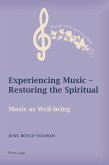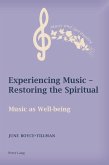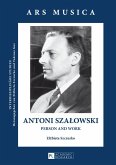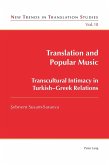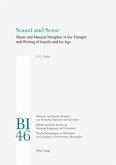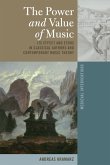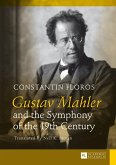The three writers examined in Richard Arnold's Trinity of Discord, Isaac Watts, Charles Wesley, and William Cowper, are known as famous poets, but are also the greatest and most popularly compiled and used hymn-writers of all time. While masters of their kind, they were so remarkably different, considering they were working in the same (and quite new) genre. Moreover, when considered in their poetic-historical contexts, it is noteworthy that Watts can be seen as an archetypal Neoclassicist (not unlike Pope and Johnson), Wesley as a transitional pre-Romantic (not unlike Gray and Collins), and Cowper a thoroughgoing Romantic (not unlike Wordsworth and Coleridge, but with a much sharper psychological edge). Most noteworthy is that Watts, Wesley, and Cowper come before their later counterparts and their respective movements: their importance to mainstream or canonical literary history cannot be overestimated.
In terms of the hymn's development in the nineteenth and twentieth centuries, these three stand as beacons in the genre, if not individual species of a multiform genre itself. In their time and context, these three were, while paradoxically out of tune with the status quo, and radically different from each other, forging a new and everlasting genre, one born out of a veritable trinity of discord.
In terms of the hymn's development in the nineteenth and twentieth centuries, these three stand as beacons in the genre, if not individual species of a multiform genre itself. In their time and context, these three were, while paradoxically out of tune with the status quo, and radically different from each other, forging a new and everlasting genre, one born out of a veritable trinity of discord.
Dieser Download kann aus rechtlichen Gründen nur mit Rechnungsadresse in A, B, BG, CY, CZ, D, DK, EW, E, FIN, F, GR, HR, H, IRL, I, LT, L, LR, M, NL, PL, P, R, S, SLO, SK ausgeliefert werden.

